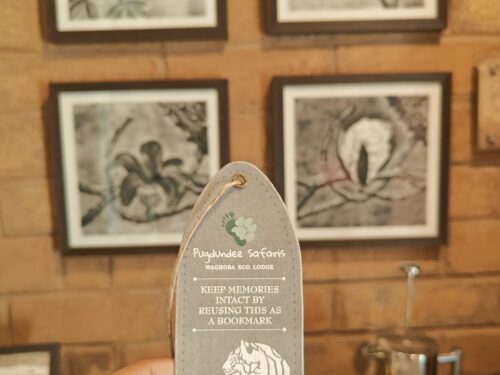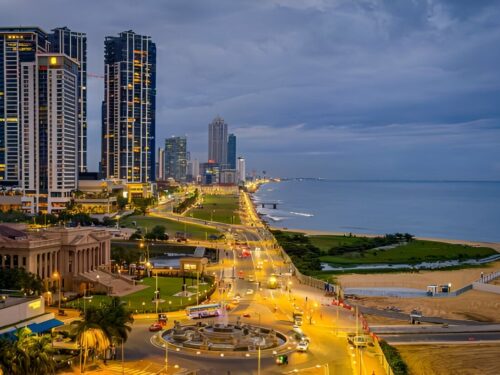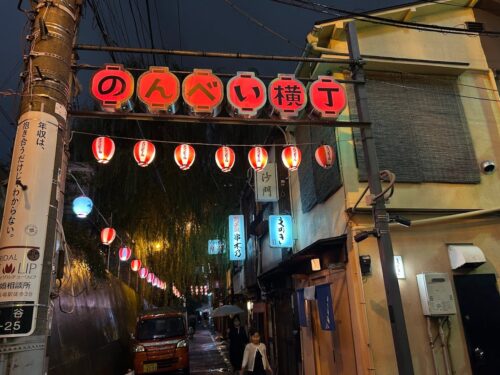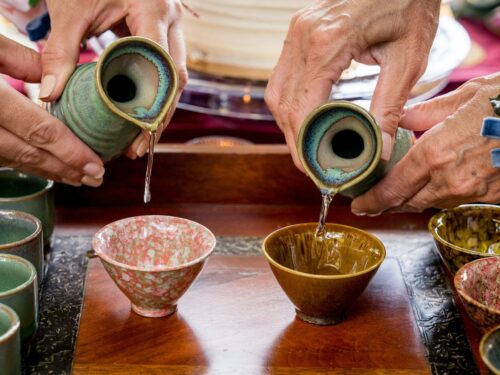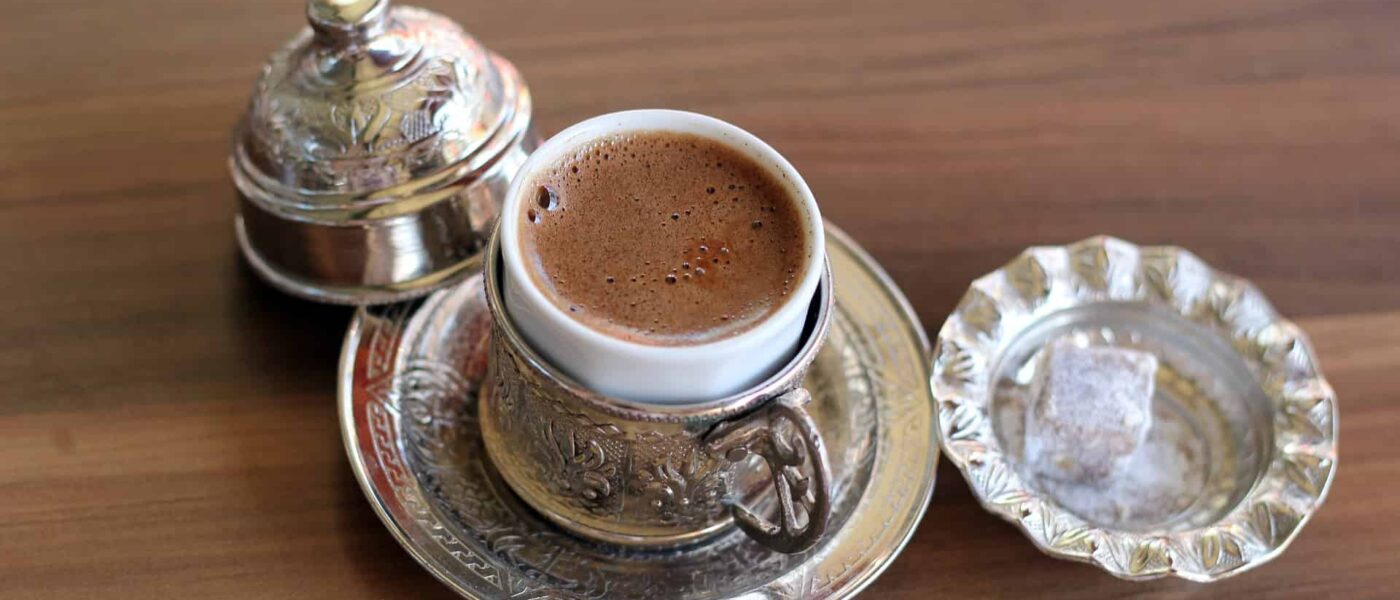
Turkish coffee is much more than just a specialty coffee from Turkey: it actually refers to a method of preparation rather than a specific type of coffee, as many people assume.
It is also called Arabic coffee, Greek coffee, or Egyptian coffee, depending on the region or specific preparation.
Let’s learn the difference between Turkish and Arab coffees, and discover the tradition and history of this classic coffee.
Book a half-day Turkish coffee tasting and tour in Istanbul!
Here is a summary:
Get the Istanbul Welcome Card
Make sure to get your Istanbul Welcome Card to start exploring the city the moment you arrive. Skip the long lines and save up to 2 hours by entering attractions the fastest way (except Hagia Sophia).
Top sights included are Hagia Sophia, Topkapi, Basilica and the Bosphorus. It also includes 10 rides on public transportation – valid at Metro, Tram, Ferry, Funicular, Bus and Metrobus.
Turkish coffee: A long and rich history
Mocha is probably the oldest and most traditional method of coffee preparation.
However, the correct name for the brown, caffeinated beverage is actually Turkish coffee. The term “mocha” refers primarily to the method of preparation, a type of coffee plant, and Turkish coffee as a beverage. So if you order a mocha in a Turkish café, you will usually be served a Turkish coffee.
What is so special about Turkish coffee?
The coffee is ground as finely as possible, resulting in a powder which is more like ground coffee.
Unfortunately, this fine grind is not possible with most conventional coffee grinders. For Turkish coffee, electric coffee grinders are recommended, which also produce very fine results. You can also simply use coffee that has already been ground ????
For the classic mocha, coffees from Ethiopia or Yemen are often used. These coffees are considered to be a very special variety of Coffee Arabica. They are also roasted very strongly.
The amount of powder used depends entirely on personal taste, but it should be about one teaspoon per cup.

The Mocha Pot – Cezve
Turkish coffee is brewed in a pot called an ibrik (“liquid pot with a long spout”) or a cezve (“burning wood/coal”). A key characteristic of the pot is the long handle, which probably comes from the fact that Turkish coffee is traditionally prepared over a fire – and the long handle is a sort of “spacer” for the user.

Turkish coffee and coffee making traditions
Coffee grounds
Although all the coffee is poured into the cup, not all of it is drunk: the grounds remain at the bottom.
However, they can be used for other purposes, such as the famous coffee grounds reading. You place the cup on the saucer, let it cool, and (traditionally) read your future based on the patterns.
Garnishes
Turkish coffee is usually served with sweet pastries such as baklava, dates or figs. They harmonize perfectly with the strong mocha flavor, want to be enjoyed in peace, and are traditionally always present.
What also fits: “Turkish Delights” – candied fruit sweets.

Spices
In Turkey, coffee is prepared with sugar. In the Arab world, however, cardamom is often used instead. The addition of various spices is very popular and can be ordered as desired.
Calm
In both the preparation and consumption of Turkish coffee, much emphasis is placed on serenity and slowness. Coffee is drunk in peace and quiet, then one waits for the coffee to cool down, while eating the pastry.
The preparation of the coffee is also done in peace: no hectic stirring or rapid infusion.
The brewing process
The preparation of Turkish coffee is a true art that has been perfected over generations.
If you want to make your own Turkish Coffee, you need the right tools. The most important is the small stainless steel or copper brew pot. This is called an “ibrik” or “cezve” (see above).
If you want to make Turkish coffee as close to the original as possible, you should use a copper or brass cezve.
There are now some very nice new models made of stainless steel. The only thing to look out for when buying one is that the handle does not get hot – so it should either be covered with wood or made of insulated material.
Good to know: On the bottom of the mocha pot there is usually a number that tells you how many cups of mocha you can make in the ibrik.
The coffee specialty is drunk from mocha cups, which hold about as much as espresso cups. However, they are usually a little flatter.

First step: Grind the beans
Let’s get to the first step in making Turkish coffee, which is to grind the coffee beans as finely as possible, much finer than regular coffee grounds. This produces a fine powder, almost as fine as flour.
Second step: Hot water
The next step is to add water to a cezve, which is the small copper or brass pot designed specifically for brewing Turkish coffee (see above).
The cezve is placed on a low flame and the water is slowly heated.
Third step: Add the coffee powder
Once the water is heated, the coffee powder is added to the pot and stirred gently. It’s recommended not to add everything at once, but to let it trickle into the water. The ratio of water to coffee is usually 1:2 or 1:3, depending on how strong you want the coffee.
Final step: Boil the coffee
Then bring the coffee and water to a boil and remove the cezve from the heat as soon as the coffee starts to foam.
This process is repeated two or three times, creating a frothy texture.

The coffee tasting experience
Turkish coffee is typically served in small cups called demitasse. The coffee is not filtered and the grounds are left at the bottom of the cup.
It’s recommended to wait a few moments for the grounds to settle before drinking the coffee ????
When you take your first sip of Turkish coffee, you will notice its intense flavor and aroma. Turkish coffee has a strong, rich taste with a slightly bitter aftertaste.
The texture of the coffee is velvety smooth, and the foam adds a creamy layer to the drink. Turkish coffee is not a drink to be consumed quickly. Instead, it is meant to be enjoyed slowly, sip by sip.
Turkish coffee is a drink that brings people together and is often enjoyed with friends and family. As you sip your coffee, you can engage in lively conversation and catch up with your loved ones.
Book a half-day Turkish coffee tasting and tour in Istanbul!

Where to drink Turkish coffee in Istanbul
Anadolu Nargile Çorlulu Ali Paşa Medresesi
Drinking Turkish coffee at Corlulu Ali Pasha Medresesi is an absolute must for history buffs, thanks to the fact that it was built in 18th century as a traditional Islamic school. It’s very close to the Grand Bazaar, so tourists from all over flock to this Beyazit area hotspot not just for its famed caffeine-infused beverage but also their popular hookah.
Make sure you don’t miss out on these unique experiences while here – and be sure your camera’s ready too; with its cozy seating options and wall hangings, this place makes for some amazing photo snaps.
Address: Mollafenari, Yeniçeriler Cd. No:38, 34120 Fatih/İstanbul

Mandabatmaz in the Beyoğlu district
Since 1967, Mandabatmaz has been a part of countless gourmet experiences. Their baristas take meticulous care on each cup they craft – from the selection of beans to their precise temperature measurements.
It’s no wonder why this compact venue is always abuzz with tourists and locals alike! If you’re looking for an authentic Turkish flavor then look no further than Mandabatmaz; it simply can’t be beat!
Address: Asmalı Mescit, Olivya Gç. 1/A, 34430 Beyoğlu/İstanbul

Pierre Loti
If you’re seeking a break from Istanbul’s hustle and bustle, the renowned Pierre Loti Cafe is an essential destination. Not only will you be enveloped in crisp air and stunning landscapes, but you can also indulge in some of the finest Turkish coffee at their on-site restaurant and café.
Savoring your delicious Turkish coffee amidst refreshing breezes atop Pierre Loti Hill becomes even more delightful.
To reach this haven easily, hop onto their brief cable car ride lasting just 3 minutes from Eyüp station.
For a quieter experience with shorter queues, consider visiting during weekdays.
Address: Eyüp Merkez, Karyağdı Sk. No:20, 34050 Eyüpsultan/İstanbul

Fazıl Bey’s Turkish Coffee
On the Asian side of Istanbul you’ll find Fazıl Bey’s Turkish Coffee, which delights the bustling Kadıköy Bazaar with a traditional brew.
Since 1923, this much-beloved shop has been providing locals their daily dose of caffeine and is one of the city’s most venerable establishments. Step inside its two-storeied premises to find glistening antique coffee machines preparing Fazil Beys special blend for customers.
While enjoying some delightful tunes that evoke Turkey’s folk music heritage, visitors can savor an array of flavorsome coffees – from classic varieties to more experimental ones flavored with mastic or cardamom!
Address: Caferağa, Serasker Cd. 1/A, 34710 Kadıköy/İstanbul

Cumbalı Kahve
If you’re in the historical neighborhood of Balat, be sure to check out Cumbalı Kahve! This coffee spot stands apart from others with their unique selection of beans and traditional roasting methods. They don’t add sugar or milk so that you can enjoy a true taste experience. The cafe is also filled with books about Istanbul and coffee – perfect for any enthusiast! Plus, it’s a photo-worthy location too. So why not take a break here during your visit? Don’t miss out on trying their special Turkish blend while enjoying the colorful atmosphere they offer!
Address: Ayvansaray, Balat, Kürkçü Çeşmesi Sk. No:12, 34087 Fatih/İstanbul


